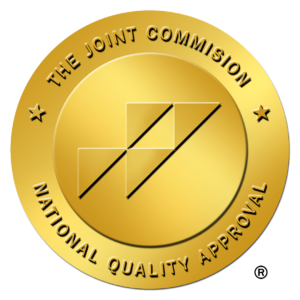Electronic Health Record (EHR) systems have revolutionized the healthcare industry by streamlining patient information management. However, like any technological innovation, each EHR system comes with its own set of challenges and requires periodic updates to ensure optimal functionality and security. In this blog post, we will explore the common challenges faced in implementing and using EHR systems and strategies for navigating updates effectively.
Interoperability and Data Exchange
One of the primary challenges with EHR systems is achieving interoperability and seamless data exchange among various healthcare providers and systems. The lack of standardized formats and protocols often hampers the smooth transfer of patient information, leading to potential errors and inefficiencies. To overcome this challenge, industry stakeholders must work collaboratively to establish common data exchange standards, such as Fast Healthcare Interoperability Resources (FHIR). Additionally, robust integration capabilities and adherence to Health Level Seven (HL7) standards can enhance interoperability and facilitate secure data sharing.
User Interface and Usability
A user-friendly and intuitive interface is crucial for maximizing EHR system adoption and efficiency. However, many healthcare professionals encounter usability challenges when navigating complex EHR interfaces. Improving user experience requires a user-centered design approach that optimizes workflows, reduces cognitive load, and incorporates clinician feedback during system development. Regular usability assessments, training programs, and continuous user interface enhancements can significantly enhance the efficiency and satisfaction of healthcare professionals using EHR systems
Data Security and Privacy
Maintaining data security and patient privacy is a critical concern in EHR systems. The increasing frequency and sophistication of cyber threats pose significant risks to healthcare organizations. To mitigate these risks, robust security measures, such as encryption, user authentication, access controls, and audit trails, should be implemented. Regular security assessments, staff training on cybersecurity best practices, and adherence to industry regulations, like the Health Insurance Portability and Accountability Act (HIPAA), are essential for safeguarding patient data.
Updates and System Upgrades
EHR systems constantly evolve to incorporate new features, improve functionality, and address emerging challenges. However, implementing system updates and upgrades can be a complex process that requires careful planning and coordination. Healthcare organizations should establish comprehensive change management protocols, including system testing, user training, and clear communication channels. Collaboration with EHR vendors and staying informed about updates and releases can help organizations leverage new functionalities while minimizing disruptions to daily operations.
Bluebird Staffing: Your EHR Partner
Despite the challenges involved in implementing and maintaining EHR systems, healthcare organizations can navigate these hurdles effectively by partnering with the right experts to help transition these critical tools. Bluebird Staffing can help your organization leverage the full potential of an EHR system by providing you with the experienced IT talent to improve patient care, enhance efficiency, and drive positive outcomes in the ever-evolving healthcare landscape. Contact our team today to get started.



